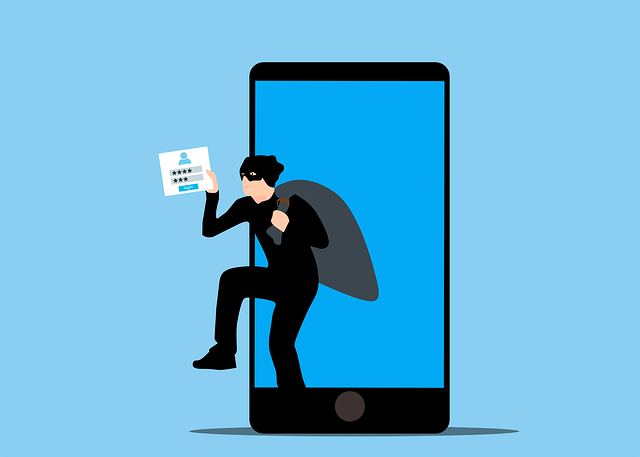IDENTITY THEFT AND FRAUD: HOW TO SPOT THE DANGER SIGNS AND PROTECT YOUR FINANCES
Today I want to talk to you about a topic that, although it may seem scary, is essential to know about in order to protect our finances: identity theft and fraud. In an increasingly digital world, it is crucial to learn to detect the danger signs and take steps to safeguard our personal information. So, let's get to it!
What is identity theft and fraud?
Identity theft occurs when someone uses your personal information, such as your name, social security number, or bank details, without your consent, in order to commit fraud. This can include opening bank accounts, applying for credit cards, or even making purchases in your name. Fraud, on the other hand, is a broader term that covers any deceptive act with the goal of obtaining financial gain.

Imagen de Mohamed Hassan
Signs that you could be a victim of identity theft
1. Unknown transactions: If you check your account statement and find charges that you do not recognize, it is a warning sign. This may indicate that someone is using your financial information without your permission.
2. New account notifications: Receiving emails or messages about accounts you didn't open is a clear indication that someone is trying to impersonate you.
3. Problems with your credit: If you're denied a loan or credit card because of a bad credit history you don't recognize, it could be a sign that someone has been tampering with your information.
4. Suspicious calls or emails: If you receive calls from companies you don't know or emails asking for personal information, be wary. This could be a phishing attempt.
How to protect yourself from identity theft and fraud
1. Monitor your accounts regularly: Review your account statements and report any suspicious activity immediately.
2. Use strong passwords: Make sure your passwords are unique and complex. Consider using a password manager to keep them safe.
3. Enable two-step authentication: This extra layer of security can help protect your accounts even if someone gets your password.
4. Be wary of suspicious emails and messages: Don't click on links or provide personal information unless you're sure of the source.
5. Consider a credit monitoring service: These services can alert you to changes in your credit report and help you detect identity theft more quickly.
What to do if you're a victim of identity theft?
If you suspect you've been a victim of identity theft, act quickly:
Contact your bank and financial institutions: Report any suspicious activity and follow their instructions.
Report identity theft to authorities: File a report with the police and consider filing a complaint with the Federal Trade Commission (FTC).
Freeze your credit: This can prevent thieves from opening new accounts in your name.
Identity theft and fraud are serious problems, but with the right information and preventative measures, you can protect yourself and keep your finances safe. Remember, the key is prevention and constant vigilance. Stay alert and take care of your identity!
I hope this article has been useful to you, I would love to read your comments on the subject.